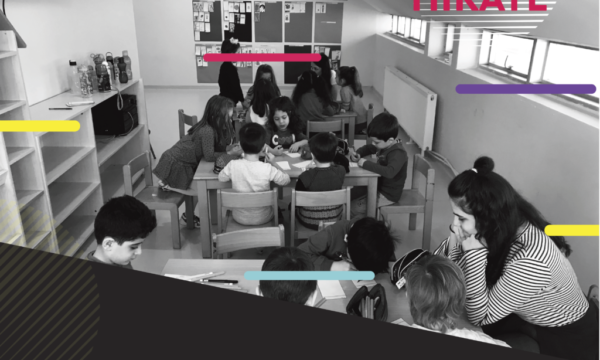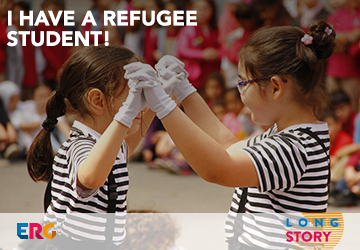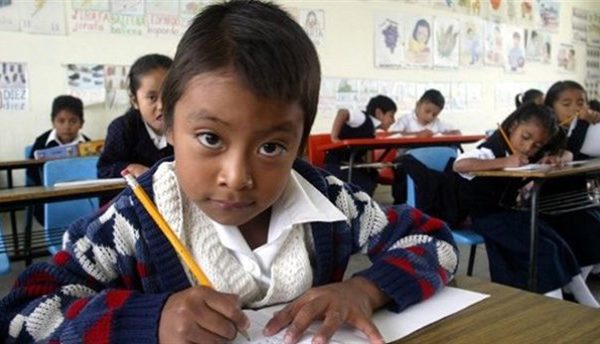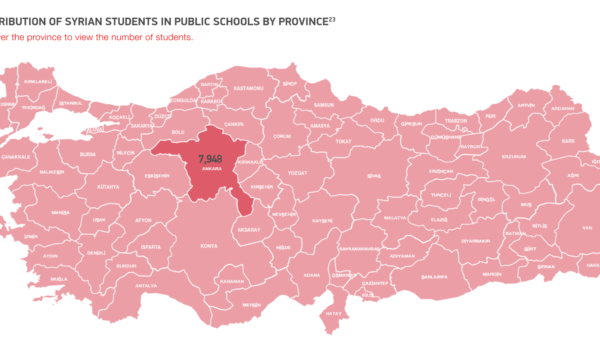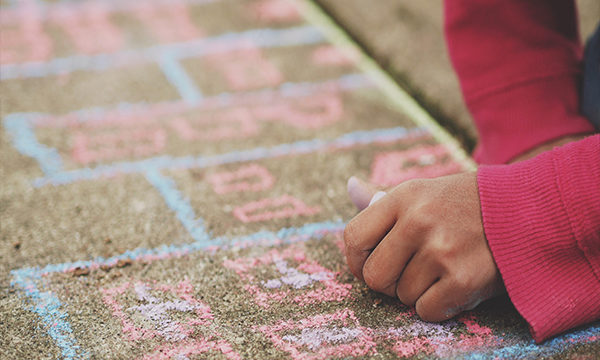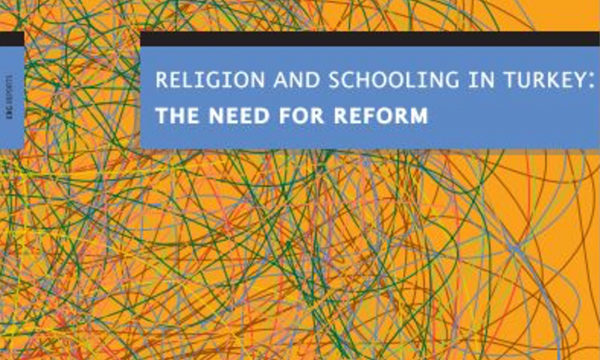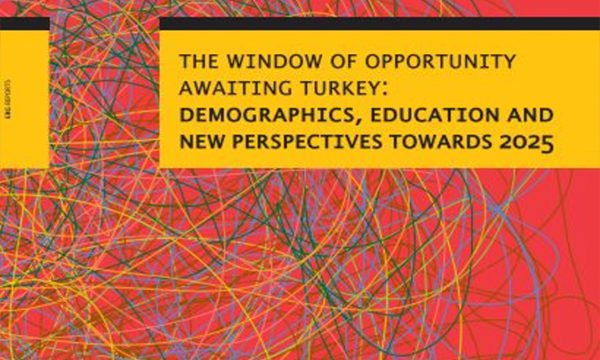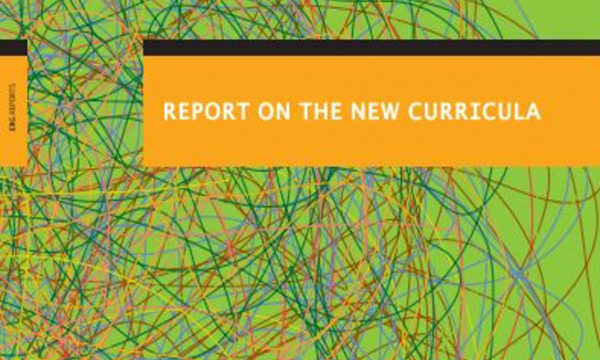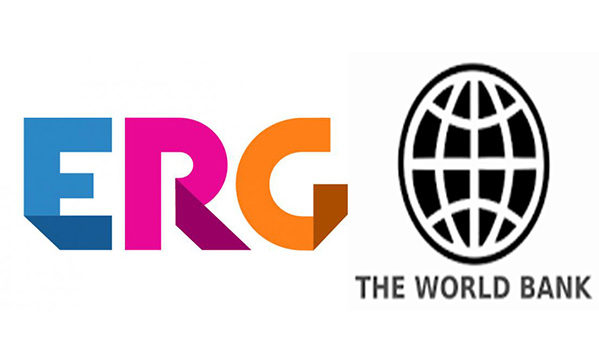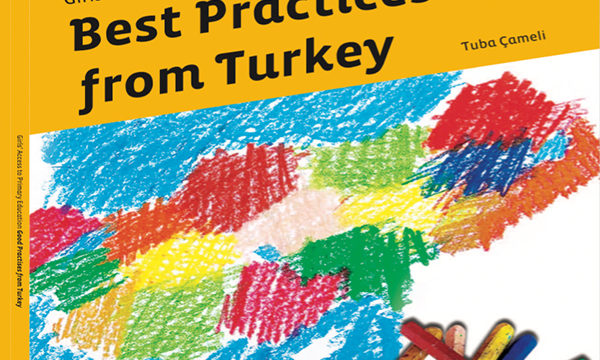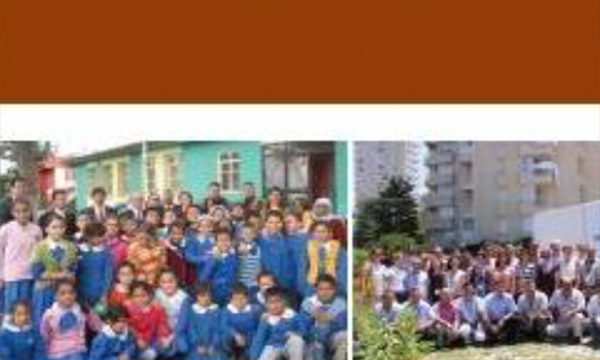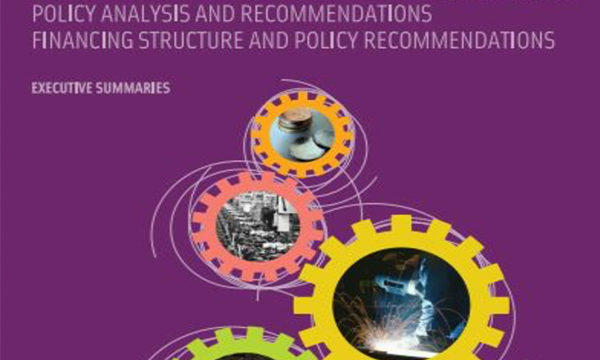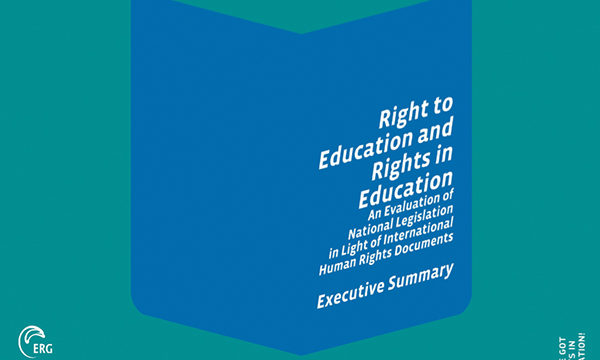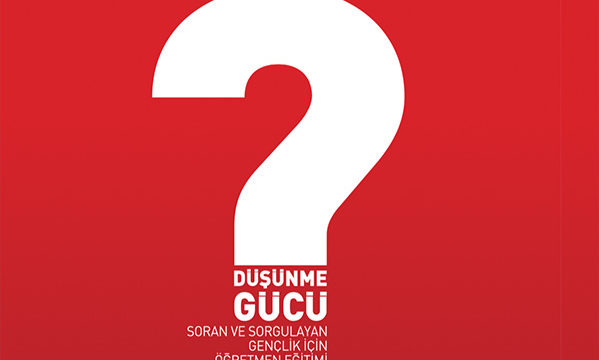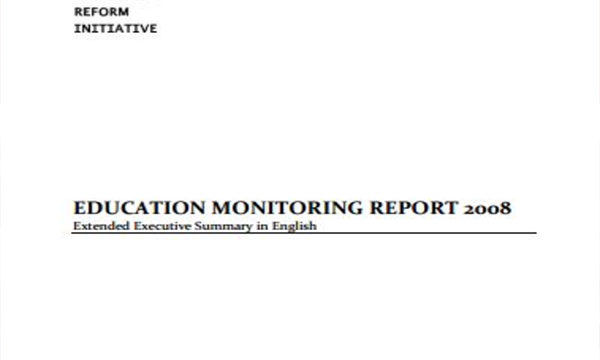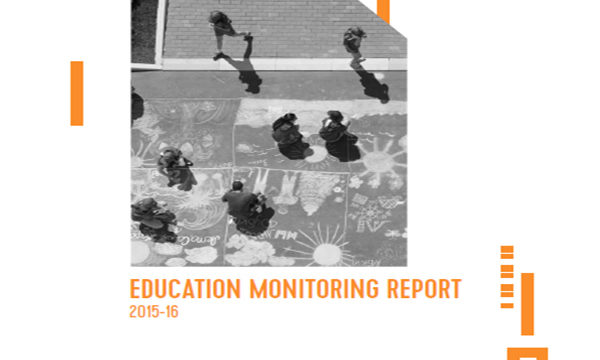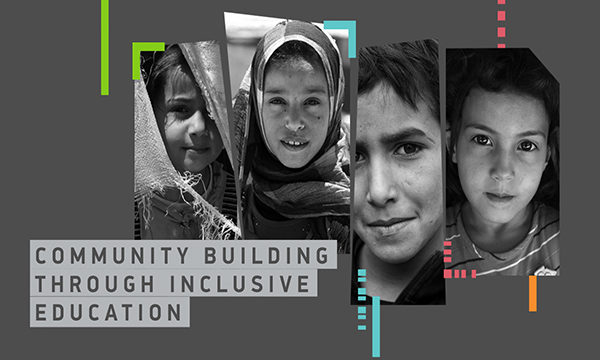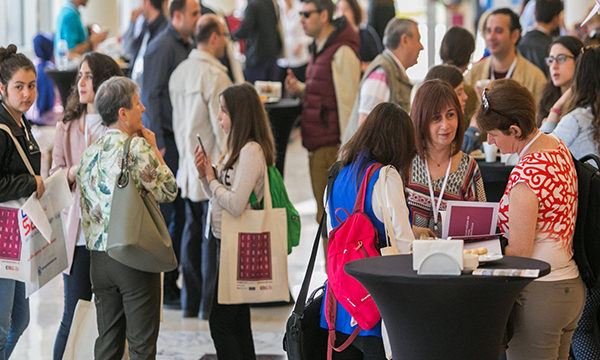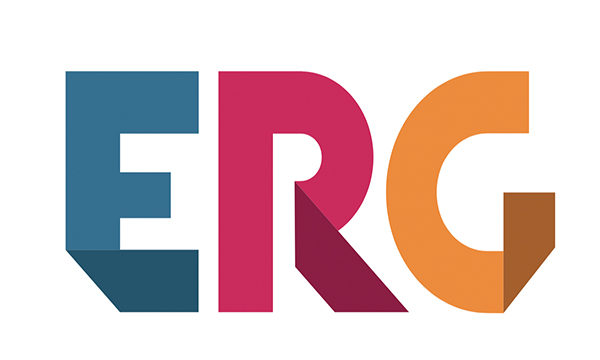Financial Times, Daniel Dombey
The girls’ imam hatip high school in Istanbul’s lower-middle class district of Bayrampasha does not seem like a front in Turkey’s bitter culture wars.
Squeezed into a mosque courtyard, the unprepossessing building has a shopworn air. Faded pictures of Turkish heroes from across the centuries line the stairwells; walls are scuffed; one teacher conducts a lesson alongside a pile of discarded boxes and upturned desks.
But schools like this are at the heart of one of the most divisive and consequential debates in Turkey today – a dispute about the future of the country, and how Islamic it should be.
The Bayrampasha imam hatip is a state-run religious school – literally an imam-training school – and the growth of such institutions may be one of the lasting accomplishments of President Recep Tayyip Erdogan, himself an imam hatip graduate.
In a speech last month, he rejoiced that the number of children studying at imam hatips had skyrocketed during his time in office – from 63,000 in 2002-2003 to 983,000 today.
Mr Erdogan attributes the growth in such schools to a climate in which students are questioning western-centric education. In recent weeks, he has also struck an increasingly anti-western tone, proclaiming that Muslims reached America before Columbus and that men and women are naturally unequal.
“We are becoming a target because we are asking questions that have not been permitted for 200 years,” he said on Monday, referring to what he regards as Turkey’s misguided efforts at westernisation since the late Ottoman era.
The president’s critics argue that the surge in imam hatips is an attempt to force his world view on Turkish children rather than address the true deficiencies of an ailing education system. According to the Organisation for Economic Co-operation and Development’s Pisa scores, Turkey ranks 44th out of 66 countries for maths, reading and science.
But Mr Erdogan seems less interested in those scorers than the place in society of Turkey’s pious masses. He contends that for the past two centuries in Turkey – until his own ascent to power – “the discussion of religion was suppressed and Islam and Muslims were even subjected to systematic scorn and contempt”.
Imam hatips are at the heart of this narrative. Indeed, one of the biggest changes after the military last ejected a government from office was in education. Following a so-called “soft coup” against an Islamist-led administration in 1997 – imam hatip junior schools for 11-15 year-olds were scrapped.
Two years ago, an emboldened Mr Erdogan reversed that as he declared the goal of raising a more religious generation.
His efforts are intensifying. This week, the president backed recommendations by an educational advisory body to introduce religious education for children as young as six and to make lessons in Ottoman – the Arabic-script language that preceded modern Turkish – obligatory in imam hatips “whether they [his critics] want it or not”.
In another move aimed at religious sensibilities, the government in September allowed girls as young as 10 to attend school wearing the headscarf.
Zeliha Yildi, the headmistress of the Bayrampasha school, argues that fears about the Islamicisation of education are misplaced. “If the children didn’t like it, they couldn’t study here,” she says. “They have to memorise the Koran and do all these other religious courses; you can’t force them to do all that.”
Ms Yildi adds that Turkish Muslims prefer imam hatips “for their religious values” and says the main reason for the increase in such schools is because universities no longer systematically discount imam hatip qualifications in deciding admissions.
She is at pains to demonstrate her school is no madrassa. “The kids listen to Mariah Carey,” she says. ‘Many of them are crazy about One Direction.”
Turkey’s complex society may not be so amenable to social engineering. Mr Erdogan’s Islamist-backed party managed to rise in spite of the country’s self-styled secularist old order. Even as it has come to dominate the political landscape in recent years, a 2012 study indicated that the percentage of people who regularly pray and fast has declined during its rule.
Batuhan Aydagul, the head of the Education Reform Initiative, a research body affiliated with Istanbul’s Sabanci University, argues that the religion debate is a distraction from Turkey’s education needs, nothing that only 9 per cent of high school and 5 per cent of junior school students attend imam hatips.
“We have much more urgent issues that require attention,” Mr Aydagul says. “Children are not learning. Turkey is not really able to provide foundation skills to its students.” He says that despite improvements over the past decade, the country’s poor Pisa scores must improve considerably if Turkey is to become an innovative, high-value economy.
Back in Bayrampasha, the 500-student imam hatip is preparing a move to much bigger premises. There are staffroom mutterings that so much religious education leaves little time for instruction on other topics. A group of older students calculates that, when Arabic lessons are included, they have 14 hours of religious teaching a week.
But few complain. “This school is preparing [us] for heaven,” says Betul, a 17-year-old. Moments later, her classmates are asked whether they believe, as Mr Erdogan suggested, that Muslims discovered America. Everyone says yes.

